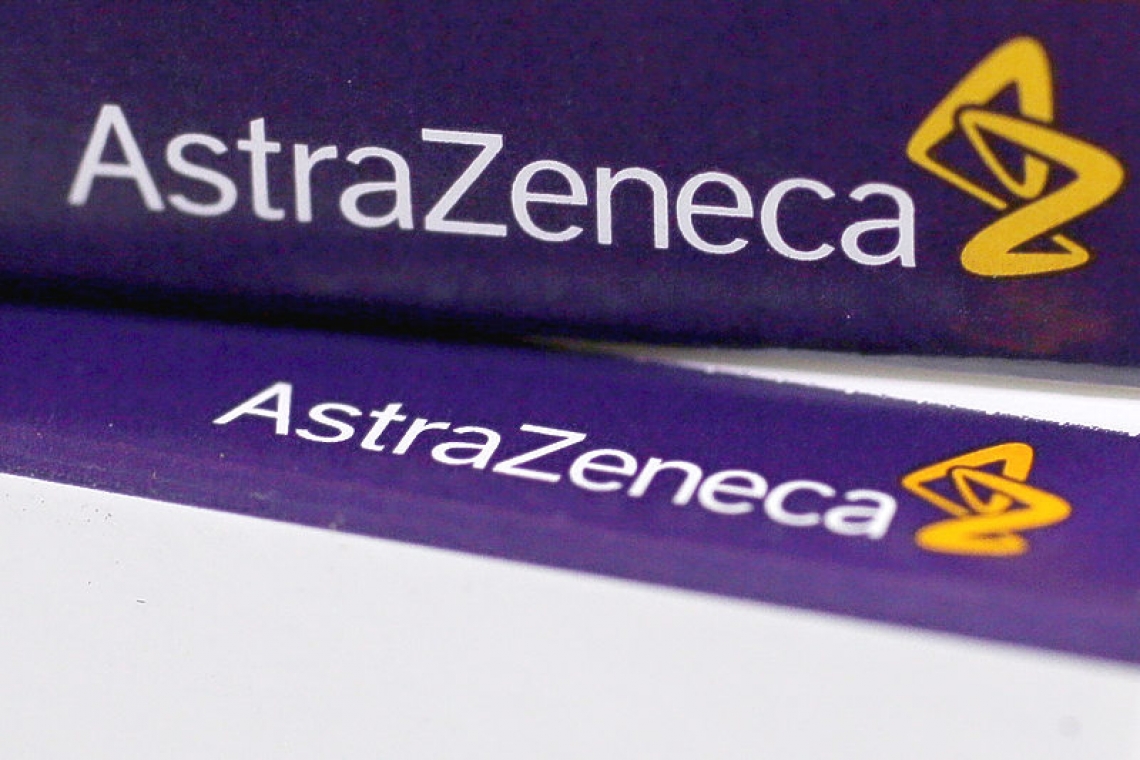LONDON--Britain’s AstraZeneca has approached U.S. rival Gilead Sciences about a possible merger to form one the world’s largest drug companies, Bloomberg News reported on Sunday, citing people familiar with the matter.
Such a deal would unite two of the drugmakers at the forefront of the industry’s efforts to fight the new coronavirus and could be politically sensitive as governments seek control over potential vaccines or treatments.
AstraZeneca contacted Gilead last month, but its U.S. rival was not interested in combining with another big pharmaceuticals company, the Bloomberg report said.
A spokeswoman for AstraZeneca said the company does not comment on rumours or speculation. Gilead, the world’s largest maker of HIV drugs, declined to comment on the report.
If combined, the two companies would have a market capitalisation of about $232 billion, based on Friday’s closing share prices. That would exceed Merck & Co and Pfizer at $207 billion and $200 billion respectively.
Two sources familiar with AstraZeneca’s thinking questioned the rationale of a tie-up, telling Reuters that Gilead’s remdesivir drug for COVID-19 patients was insufficient to justify pursuing a multibillion-dollar deal that would detract from AstraZeneca’s work on a coronavirus vaccine.
One of the sources questioned the timing. Given the potential impact a successful vaccine would have on AstraZeneca’s share price, it does not need the additional strain of pursuing a record-breaking deal, especially when travel constraints make face-to-face meetings difficult.
While Gilead may look cheap with its price-to-earnings ratio of 12 times and AstraZeneca may be attracted by the potential cost-cutting and decent free cashflow, Jefferies analysts said they do not view a deal as likely.
“We think Gilead believes its HIV business is very underappreciated,” they said in a note, adding that the company “would prefer to build value over time and do its own tuck-in deals.”







